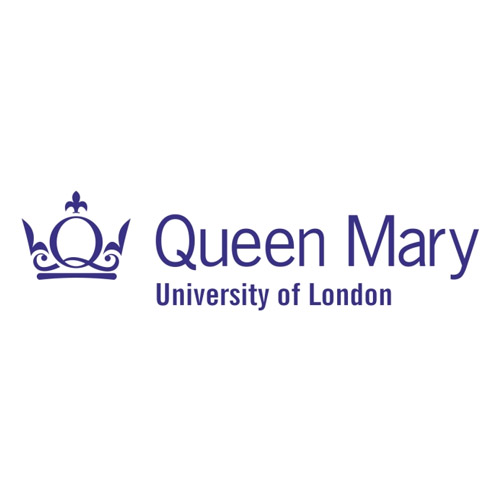This module examines the contribution of law to the articulation of economic, social and cultural rights while interrogating the ability of these rights to advance a radically progressive politics that includes distributive justice and socio-cultural agency. The course will be divided to two parts. In the first part, we will outline what economic, social and cultural rights are, and discuss their theoretical underpinnings. We will then examine: What are the historical and political processes that facilitated and/or hindered their emergence? On what terms are they justified and what is the relation between economic and social rights and political and civil rights? Is there a relation between the type of political regime and the protection of these rights? Are rights to a house, free healthcare, free education, and employment ‘legal’ rights, in a judicially enforceable sense, or social aspirations, a promise for a more egalitarian society?
During the course’s second part, we will investigate a series of case studies from different parts of the world while highlighting the insights of intersectionality theory to the protection of these rights. We will ask how the distribution or lack of distribution of these rights affect different segments of the population, while putting special emphasis on women, people of colour and poor people? What is the relationship between economic development and the allocation of economic and social rights and how do colonial legacies, neoliberal policies and austerity measures impact these rights? And, finally, what are the best individual mechanisms and collective strategies for claiming economic, social and cultural rights?
Module Format
The course will be taught in weekly three-hour sessions, for which attendance is obligatory. If the course is provided online, then it is expected that all cameras will be turned on at all times. After about one-hour and fifteen minutes of class lecture and discussions followed by a 10-minute break, students will be divided into working groups and will be given an in-class project. The length of the project is approximately 30 minutes and a short report will be submitted at the end. The class will convene after the end of each project for another 45 minutes. Participation in class discussions is encouraged. An outline of the course is detailed below with the assigned readings for each week as well as an outline of in-class projects. Readings that are unavailable through the library or its online databases will be provided via QMUL+.
Key learning outcomes:
• Develop knowledge of the meaning of international economic, social and cultural rights
• Acquire knowledge of the historical and political development of international economic, social and cultural rights
• Develop knowledge about the relation between economic and social rights and political and civil rights
• Develop knowledge of the empirical and theoretical relation between these rights and economic structures and policies
• Critically appraise economic and political policies on the allocation and protection of these rights
• Analyse the potential of these rights to advance a more egalitarian society
During the course’s second part, we will investigate a series of case studies from different parts of the world while highlighting the insights of intersectionality theory to the protection of these rights. We will ask how the distribution or lack of distribution of these rights affect different segments of the population, while putting special emphasis on women, people of colour and poor people? What is the relationship between economic development and the allocation of economic and social rights and how do colonial legacies, neoliberal policies and austerity measures impact these rights? And, finally, what are the best individual mechanisms and collective strategies for claiming economic, social and cultural rights?
Module Format
The course will be taught in weekly three-hour sessions, for which attendance is obligatory. If the course is provided online, then it is expected that all cameras will be turned on at all times. After about one-hour and fifteen minutes of class lecture and discussions followed by a 10-minute break, students will be divided into working groups and will be given an in-class project. The length of the project is approximately 30 minutes and a short report will be submitted at the end. The class will convene after the end of each project for another 45 minutes. Participation in class discussions is encouraged. An outline of the course is detailed below with the assigned readings for each week as well as an outline of in-class projects. Readings that are unavailable through the library or its online databases will be provided via QMUL+.
Key learning outcomes:
• Develop knowledge of the meaning of international economic, social and cultural rights
• Acquire knowledge of the historical and political development of international economic, social and cultural rights
• Develop knowledge about the relation between economic and social rights and political and civil rights
• Develop knowledge of the empirical and theoretical relation between these rights and economic structures and policies
• Critically appraise economic and political policies on the allocation and protection of these rights
• Analyse the potential of these rights to advance a more egalitarian society
